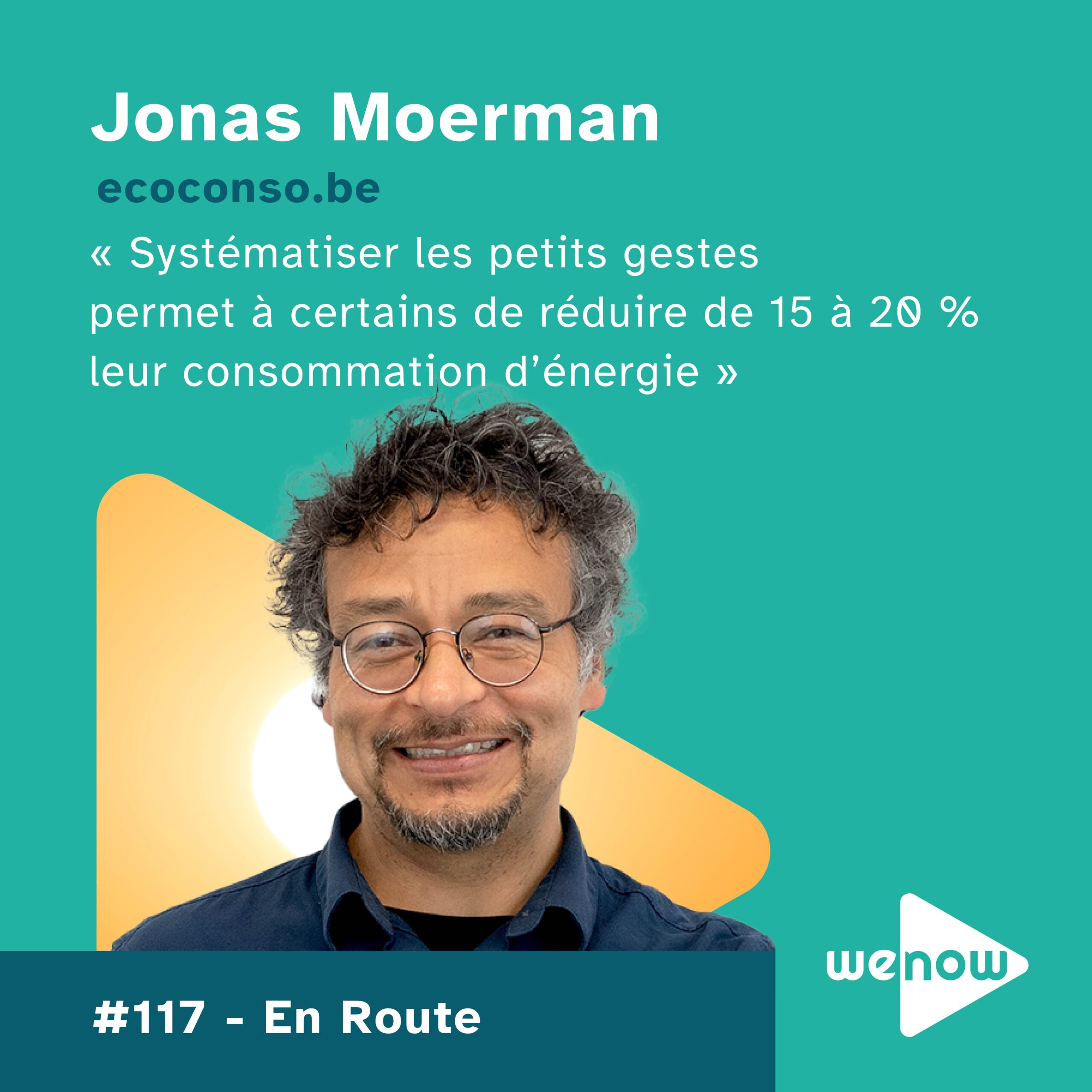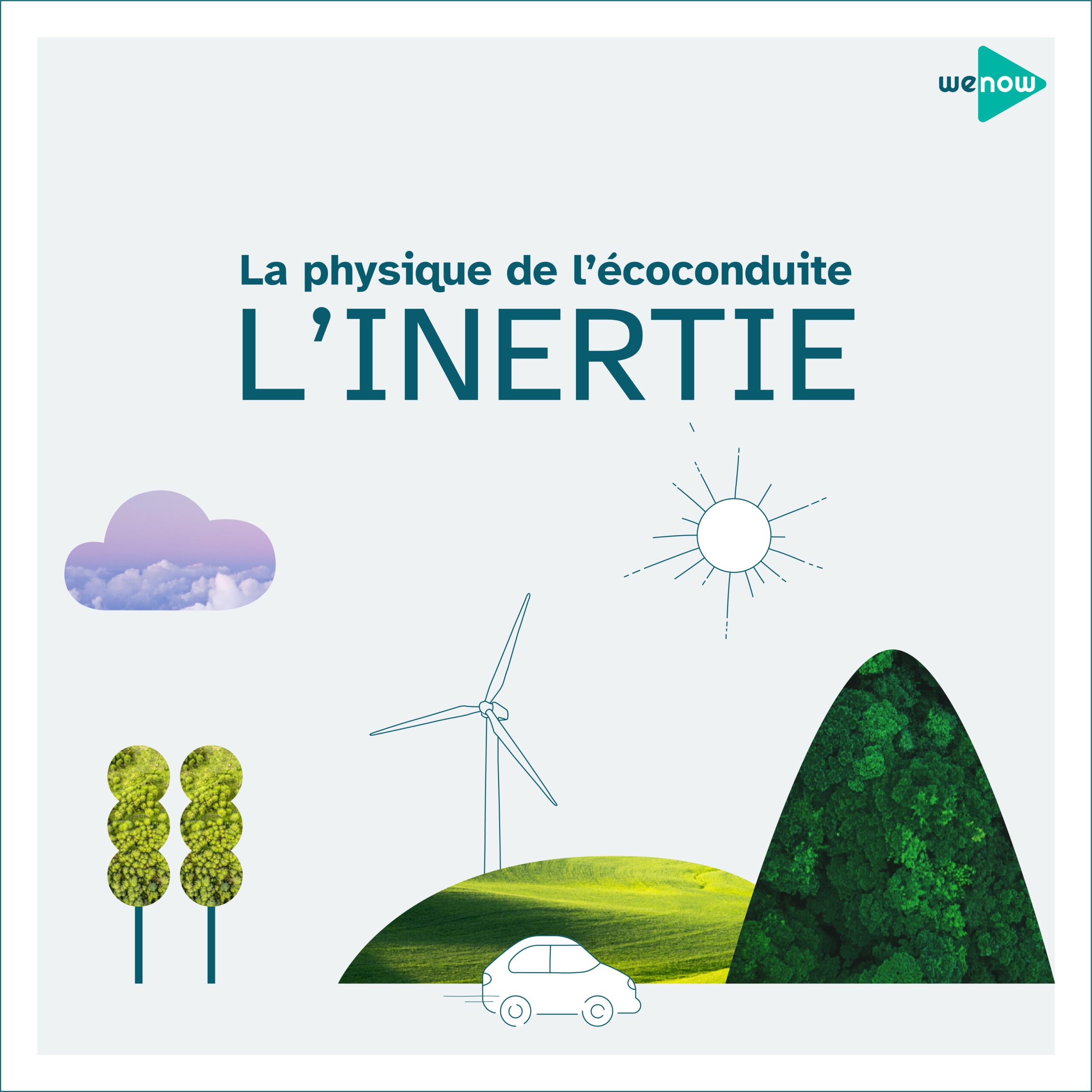Article
Ressources
Découvrez toutes les ressources que nos experts concoctent pour vous. Podcasts, articles de fond, témoignages, business cases... Nous y mettons tout notre coeur !
Catégorie
Type
Ressources pour ...
Trier par
Podcasts
« Notre métier de communicant, c’est de changer les habitudes » avec Thomas Parouty, Agence MIEUX
Podcasts
« Systématiser les petits gestes permet de réduire jusqu’à 20 % la consommation » Jonas Moerman
Podcasts
« On a tous intérêt à rendre les équipements réparables » Fabien Escrihuela, SNEF Maintenance
Article
La physique de l’écoconduite : l’inertie
Découvrez comment la physique et en particulier le concept d’inertie permettent d’expliquer certaines règles d’écoconduite 😉.
Vous êtes bien inscrit à la newsletter WeNow !
Nous vous remercions de vous être inscrit(e) à notre newsletter ! Vous êtes maintenant abonné(e) à nos mises à jour régulières sur nos produits, offres spéciales et événements. Vous ne manquerez plus jamais les dernières nouvelles de Wenow. Merci de votre confiance et à bientôt !
Revenir au site









